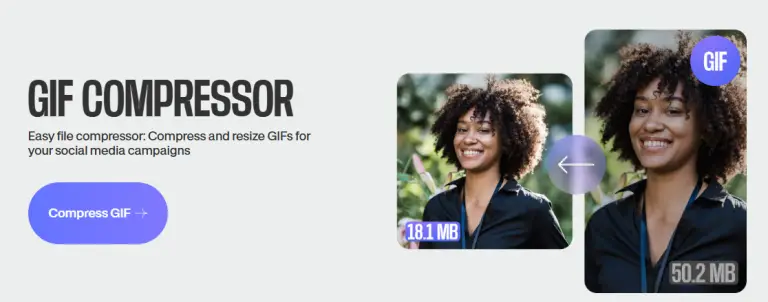
On Monday, OpenAI unveiled an enhanced version of its ChatGPT voice assistant, Advanced Voice Mode. The update renders the virtual conversationalist noticeably more human-like and significantly less prone to interrupting users mid-sentence. The improvements were briefly demonstrated in a video by OpenAI researcher Manuka Stratta.
The principal issue developers sought to address was the assistant’s frequent and intrusive interruptions. Previously, the AI often interpreted natural pauses—such as moments of thought or a deep breath—as the end of a statement, prematurely jumping in with a response.
Now, free-tier ChatGPT users have access to the refined Advanced Voice Mode, which enables the assistant to patiently await the continuation of a user’s thought, even after a pause. For subscribers of the Plus, Teams, Edu, Business, and Pro plans, the enhancements are even more pronounced: the assistant interrupts less frequently and offers responses that are more concise, thoughtful, and creatively nuanced.
According to a representative from OpenAI, as cited by TechCrunch, the improved Advanced Voice Mode delivers interactions that are more direct, engaging, articulate, and imaginative.
These refinements come amid intensifying competition in the voice-based AI landscape. Notably, the startup Sesame—backed by Andreessen Horowitz and co-founded by Oculus’ Brendan Iribe—has garnered attention with its voice assistants, Maya and Miles, which are praised for their conversational authenticity.
Major tech companies are also advancing their AI assistants. For example, Amazon is preparing to launch a new iteration of Alexa, built upon large language model (LLM) technology.
Thus, OpenAI’s update to Advanced Voice Mode can be seen as both a strategic response to emerging rivals and a timely answer to user expectations for more natural, fluid, and human-like virtual interactions.


